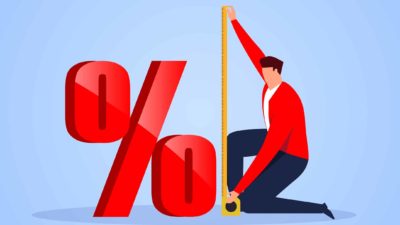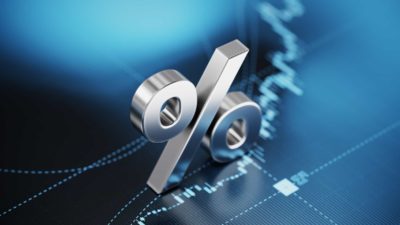Many Australians woke up to some happy news today – they would be getting a pay rise, and a hefty one at that. This news could have some significant impacts on ASX shares.
Yes, this morning, the Fair Work Commission announced that both award wages and the minimum wage would increase by 3.75% from 1 July this year.
This decision will affect up to 2.6 million Australians, or 20.7% of the country's entire workforce, who are employed on award wages.
This decision will be welcomed by these workers, as it delivers a rise in wages that comes in just above the rate of inflation over the year. Inflation came in at 3.6% over the 12 months to 30 April 2024. So if price rises keep to this rate or fall even further, workers are in line for a real rise in living standards.
Here's some of what the Fair Work Commission said on its decision:
Modern award minimum wages remain, in real terms, lower than they were five years ago, notwithstanding last year's increase of 5.75 per cent, and employee households reliant on award wages are undergoing financial stress as a result.
This has militated against this Review resulting in any further reduction in real award wage rates. At the same time, we consider that it is not appropriate at this time to increase award wages by any amount significantly above the inflation rate, principally because labour productivity is no higher than it was four years ago and productivity growth has only recently returned to positive territory.
So good news for any Australian worker on an award wage today.
But how will this decision impact ASX shares and the Australian share market?
How does a minimum wage hike impact ASX shares?
Well, on one level, it will be a definite positive. More money in workers' pockets means more money is available to spend in the economy. The fact that the rise comes in just above the rate of inflation means that this decision should have a stimulatory effect on consumer spending.
That should bode well for almost all sectors of the share market. But especially so for companies that sell goods and services that consumers tend to buy more of as their disposable income rises. That would include most ASX shares in the consumer discretionary sector, but perhaps also those in the consumer staples, healthcare, communications, industrial, financial, tech, utility and real estate sectors.
However, another factor we must consider is the impact that any broad rise in wages might have on inflation and, thus, on interest rates. As any attuned investor would know, the markets are particularly sensitive to interest rates right now. April's inflation numbers ended up coming in higher than most commentators expected, dashing hopes of an imminent cut in interest rates.
In fact, some experts stated that these inflation numbers increased the likelihood that the Reserve Bank of Australia's next move will be a rate hike.
From this lens, an above-inflation wage hike might not be the best news, as it arguably has the potential to add fuel to the inflation fire by increasing consumer spending at the wrong time.
Fortunately, one ASX expert doesn't think this is a realistic scenario.
ASX expert: Inflation will keep falling
As reported in The Australian today, JPMorgan economist Tom Kennedy reckons that today's decision won't "move the needle on the Bank's inflation/wage forecast or change its thinking on current monetary policy settings".
Kennedy is predicting that the hike to award wages "will be neutral for aggregate wage growth, with a contribution very close to zero". As such, JPMorgan is still pencilling in at least one RBA interest rate cut from early 2025.
No doubt this rosy outlook will come as music to ASX investors' ears. Perhaps investors have already taken it to heart, judging by today's healthy 0.76% rise for the S&P/ASX 200 Index (ASX: XJO) at present. But we'll have to wait and see what happens.









